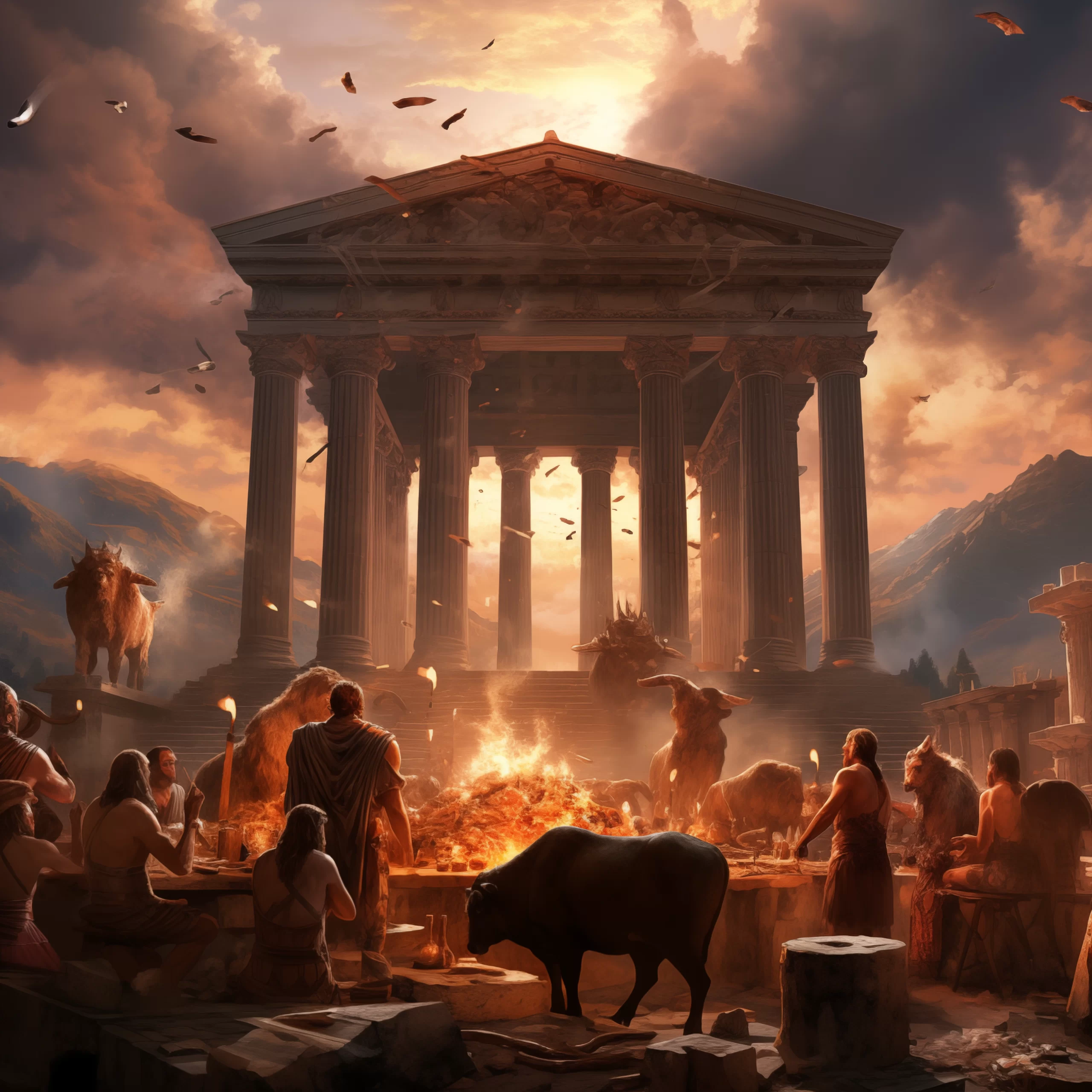
Colossal Definition, Etymology, and Usage Examples
Discover the meaning of ‘colossal,’ its origins, and examples of how it’s used to describe something extraordinarily large or great.
But you don't know it

Discover the meaning of ‘colossal,’ its origins, and examples of how it’s used to describe something extraordinarily large or great.

Explore the meaning of ‘nymph,’ its Greek origins, and its role in mythology and literature.

Uncover the mysteries of the labyrinth, a complex network of paths designed to confuse and challenge navigators.

Discover ambrosia, the legendary food of the gods, symbolizing immortality and heavenly delight in Greek mythology, now a metaphor for divine taste.

Delve into ‘necromancy’, from Greek ‘nekros’ (dead) and ‘manteia’ (divination), a mystical practice of summoning the deceased.

Discover ‘lycanthropy’, from Greek ‘lykos’ (wolf) and ‘anthropos’ (human), a transformation myth entwined in folklore and psychology

Explore ‘echo’, a term from Greek mythology, now describing the phenomenon of reflected sound in acoustics and literature.

Discover ‘atlas’, a term with diverse meanings, from mythological Titan and map collections to a crucial spinal vertebra.

Uncover the term ‘titan’, from its Greek mythological deities to its use in describing immense size and power.

Discover ‘Pantheon’: from Greek roots meaning ‘all gods’, denoting a temple or a revered group